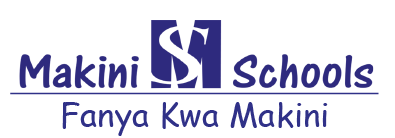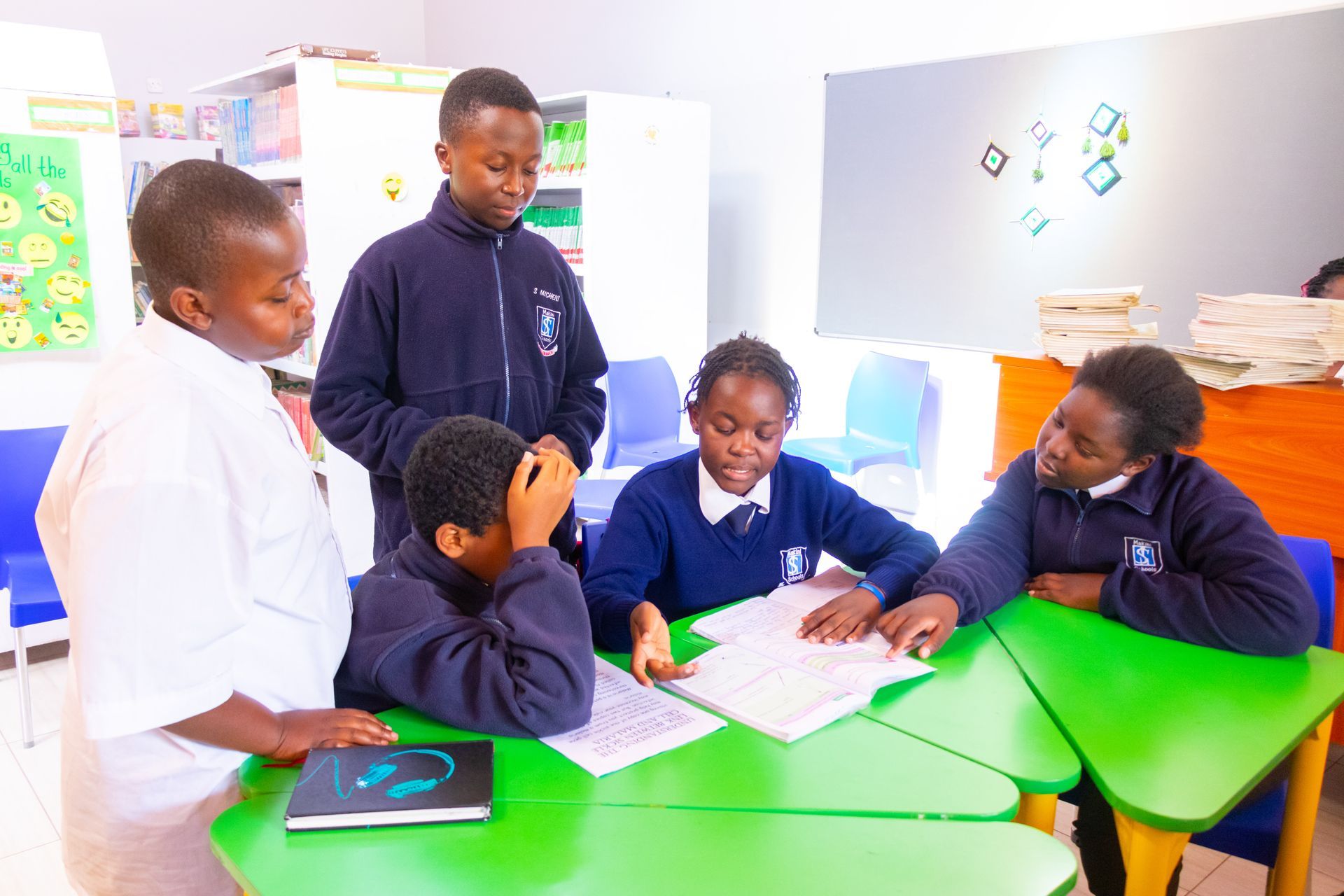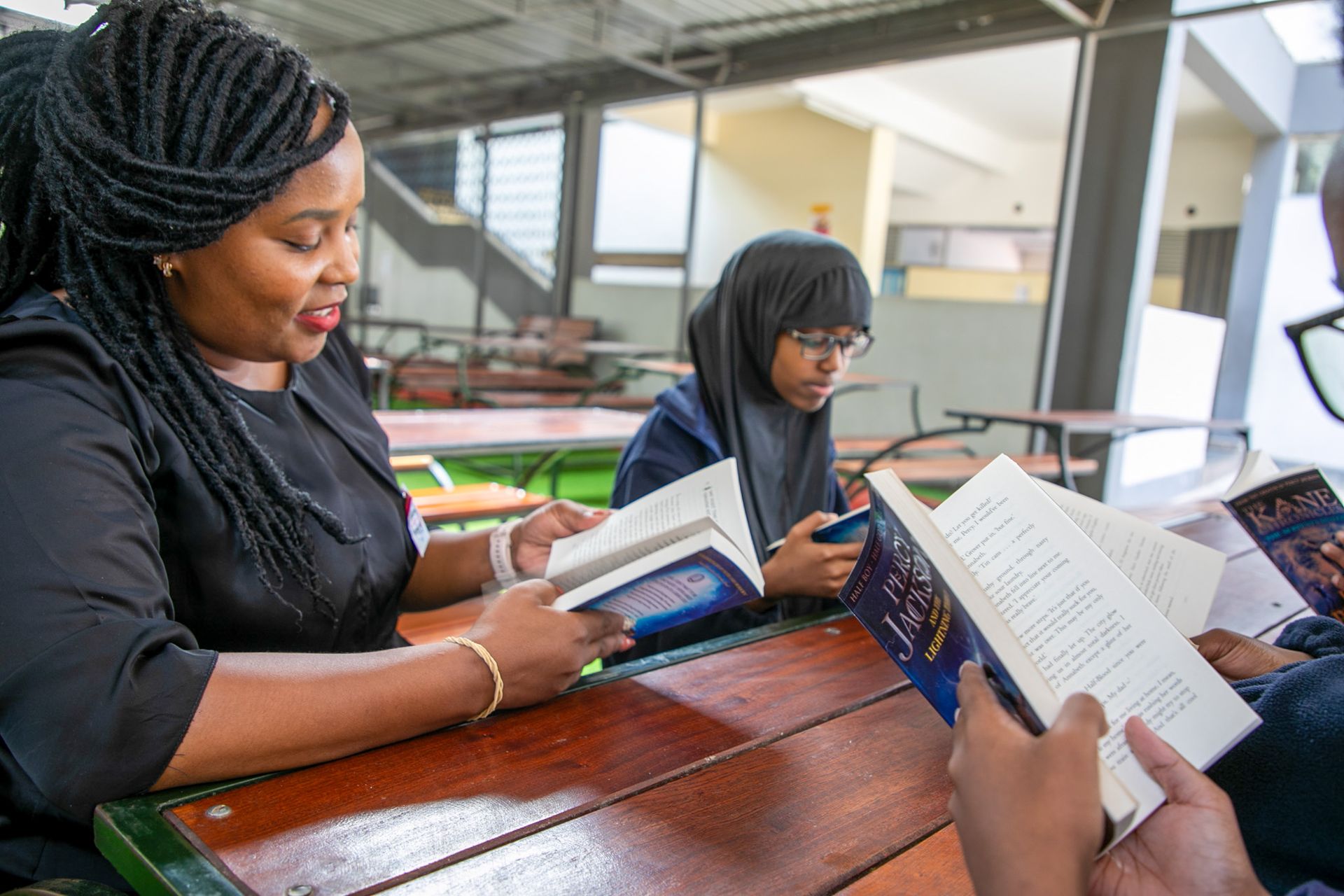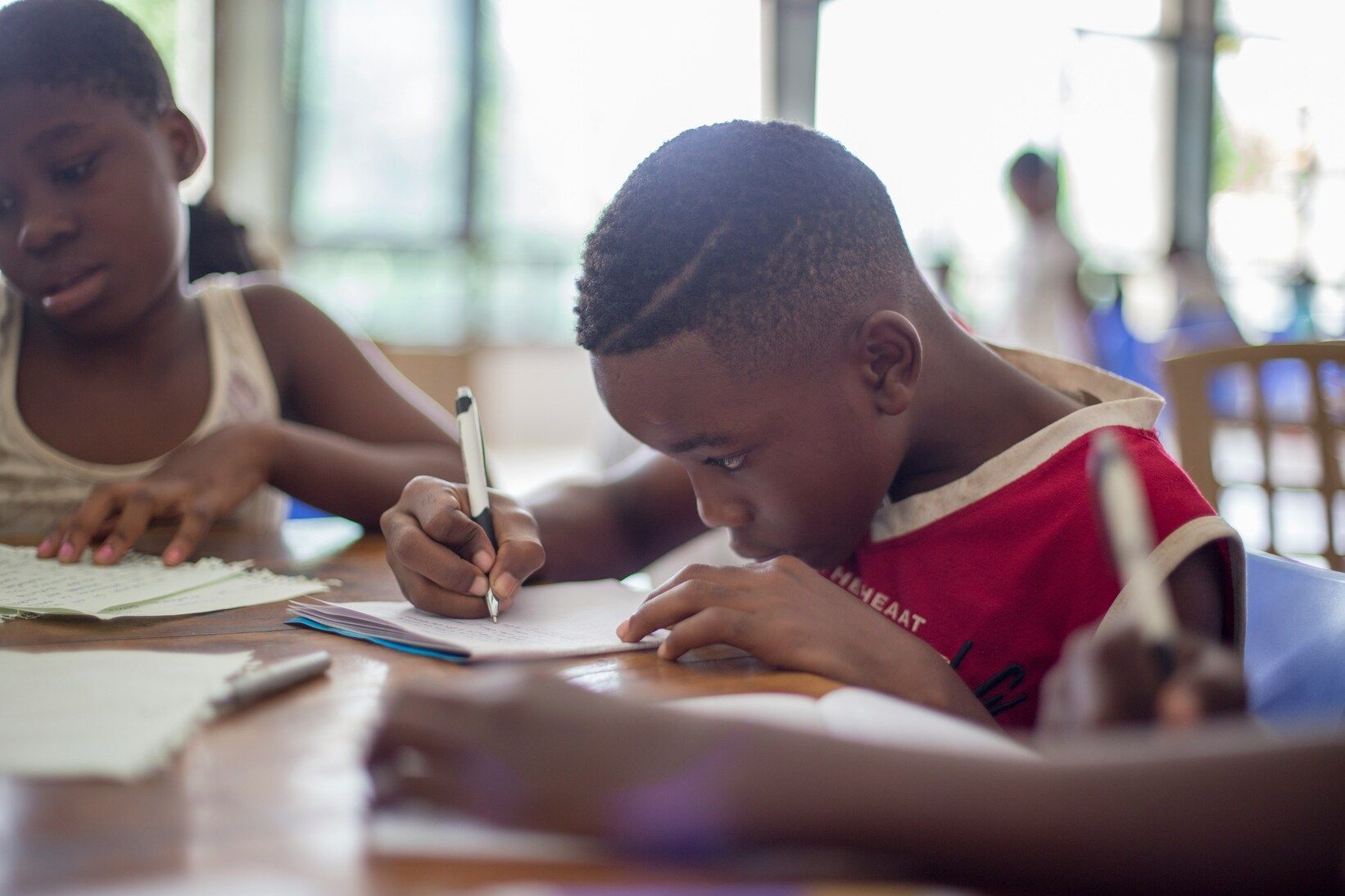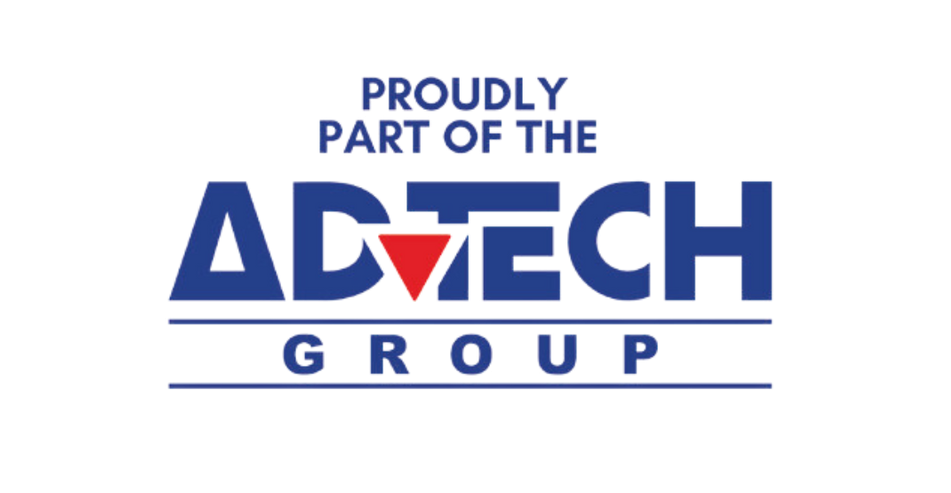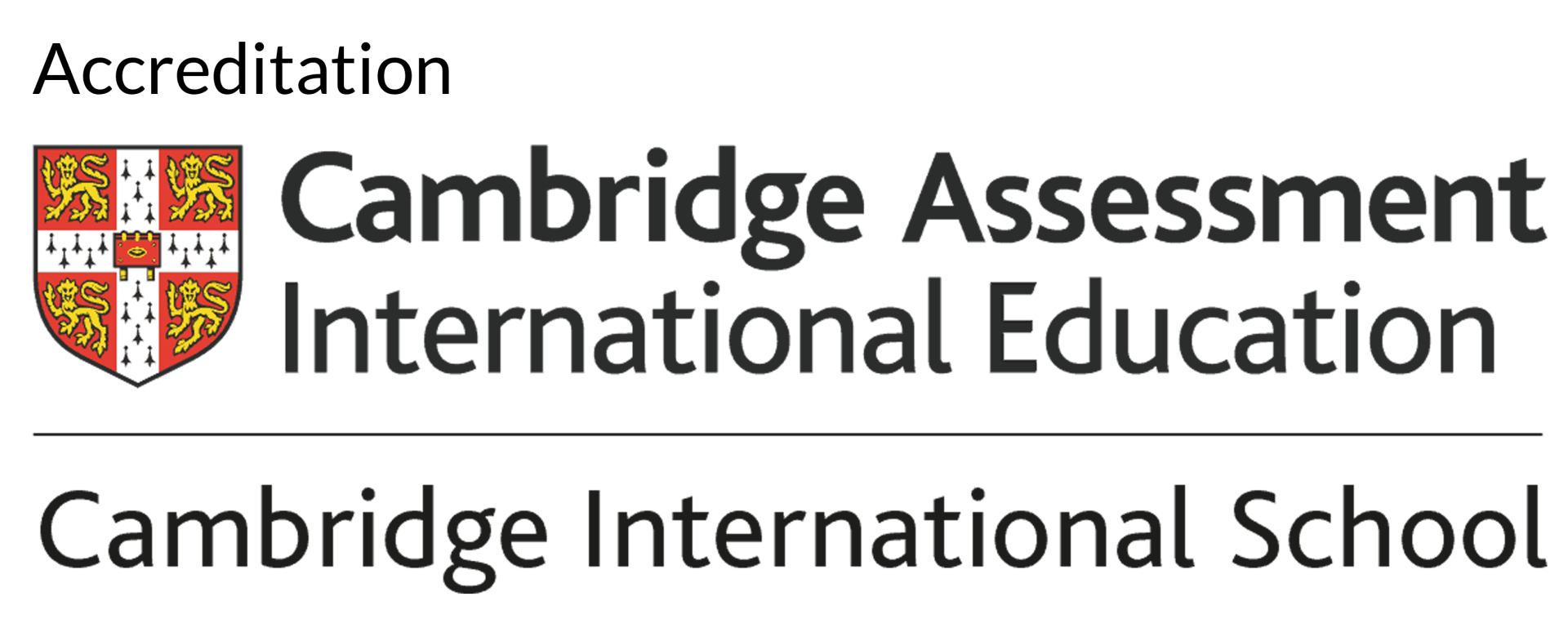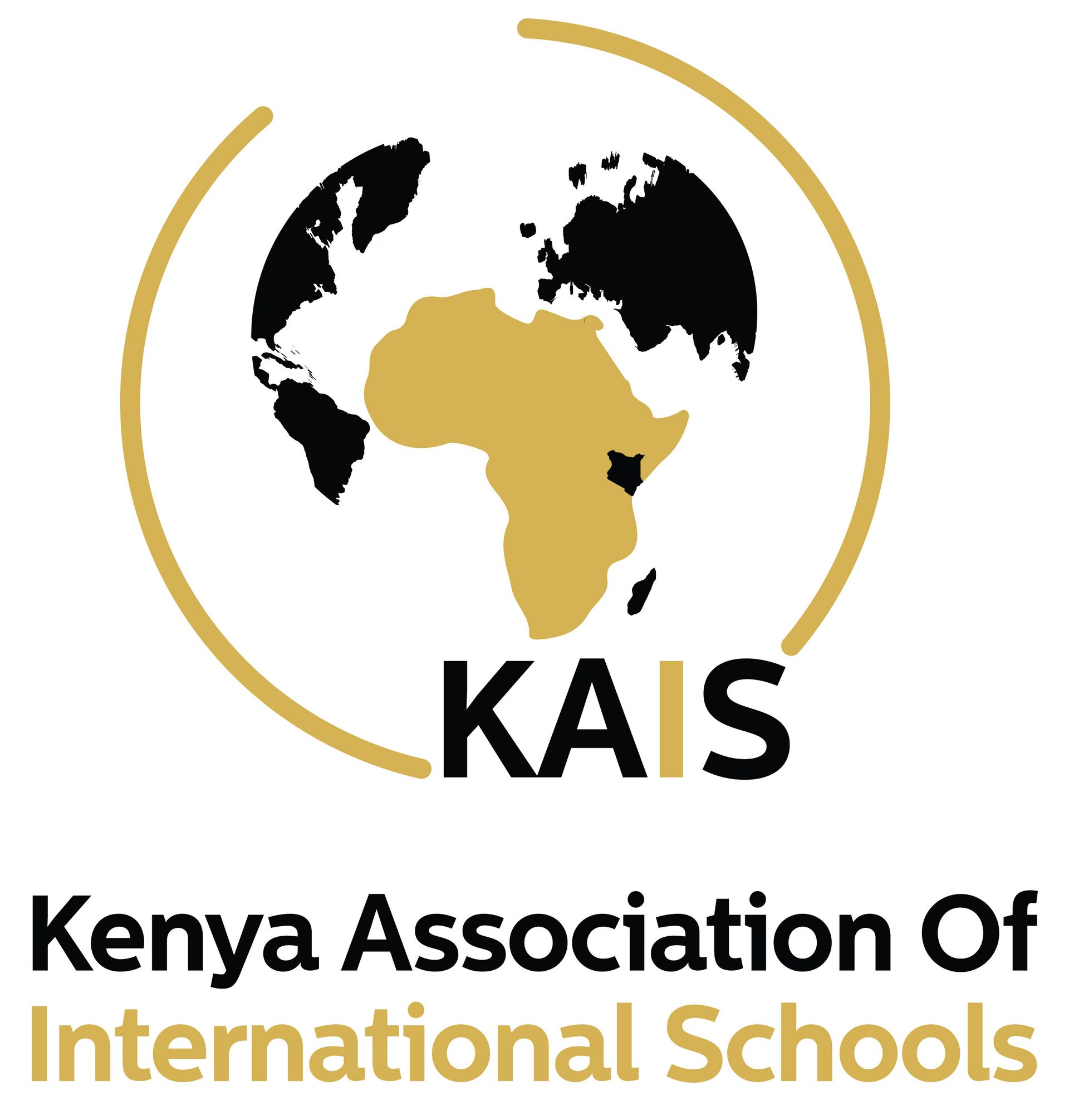Guide to Productive Parent-Teacher Conferences
Parent-teacher conferences are vital touchpoints in a learner’s educational journey. They offer parents and teachers the opportunity to communicate, collaborate and align on strategies that support learning and personal growth. In Kenya, where education is continuously evolving to meet global standards, productive parent-teacher conferences are essential for fostering transparency, building trust and enhancing learner outcomes. These meetings provide a structured environment where academic progress, behavioural patterns as well as social development can be discussed. They also promote effective parent-teacher relationships that are highly beneficial to the child, both at home and in school.
What is a Parent-Teacher Conference?
A parent-teacher conference, also called a parent-teacher meeting, is a scheduled session where teachers and parents discuss a child’s academic performance, social behaviour and overall development. The purpose of these meetings is to provide a comprehensive understanding of the learner’s strengths and identify areas for improvement. Typical outcomes include clearer insight into learner progress, collaborative strategies to address challenges and an opportunity to set actionable goals. School communication strategies help parents feel more connected to the learning process and teachers are more aware of home dynamics that may impact student performance.
Why These Conferences Matter
1. Building a School-Home Partnership
Parent-teacher conferences are key to creating a strong school-home partnership. When both parties actively participate, parents gain confidence in the school’s teaching approach and teachers benefit from insights into the child’s home life. This collaboration ensures that students receive consistent guidance and support, reinforcing the learning that happens in the classroom.
2. Understanding Student Strengths and Challenges
These meetings allow for a deep dive into a student’s unique capabilities and areas that require additional attention. Teachers can provide examples of accomplishments and challenges, while parents can share context and observations that might not be evident in the school environment. This combined perspective fosters a richer understanding of the student’s holistic development and is highly beneficial.
3. Encouraging Consistent Support
Consistent communication between home and school encourages sustained support for the student. By establishing clear strategies, routines and expectations, parents and teachers can jointly address behavioural or academic concerns, ultimately enhancing effective parent-teacher relationships.
How Parents Can Prepare
Parents play an integral role in making conferences meaningful. Proper preparation ensures that the meeting is focused and productive. Here are a few key steps:
- Review report cards and past communication: Familiarity with grades, assessments and teacher feedback provides context for the discussion.
- Write down questions or concerns: Preparing a list helps ensure that no important topics are overlooked or forgotten.
- Talk to the child beforehand: Understanding the student’s perspective can inform the discussion and highlight areas where they may need encouragement or support.
This approach forms the foundation of conference preparation for parents, ensuring the meeting is constructive and solution-driven. For guidance on supporting your child’s learning at home, see Parental Involvement in Education at Makini School.
Tips for Teachers to Maximise the Meeting
Teachers also play a critical role in ensuring conferences are effective:
- Prepare key notes on the student’s progress: Keep examples of academic achievements, behavioural observations and areas needing improvement.
- Create a welcoming environment: A friendly, inclusive setting encourages openness and builds trust.
- Practice active listening: Engage in dialogue rather than delivering a monologue. Being culturally sensitive and mindful of language diversity enhances understanding and mutual respect.
Implementing these parent-teacher meeting tips ensures that both parties will feel heard and valued. They will also create a collaborative atmosphere that’s focused on student success.
What to Discuss During the Conference
A productive discussion should cover multiple aspects of the student’s development. These include:
- Academic performance: Review grades, projects and classroom participation.
- Behavioural observations: Highlight social interactions, self-discipline and collaboration skills.
- Learning styles and needs: Identify how the student learns best and any support required.
- Goals and next steps: Set achievable, measurable targets for improvement and enrichment.
Focusing on solutions encourages meaningful dialogue and builds trust between parents and teachers.
Handling Tough Conversations Respectfully
Sometimes discussions can involve disagreements or even sensitive topics. To ensure that everyone is comfortable, approach these conversations with empathy, patience and a collaborative mindset. Avoid placing blame and focus on actionable strategies that will support the learner’s growth. Maintaining respect ensures that even challenging discussions can positively contribute to the relationship between home life and school.
Following Up After the Conference
Following up is essential for sustaining momentum after the meeting. Parents and teachers can maintain communication through various methods such as emails, progress reports or scheduled check-ins. Tracking action items and celebrating small achievements is a good way to strengthen engagement and keep both parties aligned on student goals.
Common Mistakes to Avoid
Arriving unprepared, being defensive or failing to follow up should all be avoided. Instead, embrace openness, listen actively and document all the next steps. These small adjustments can make parent-teacher conferences more productive and reinforce school communication strategies for long-term benefits.
Productive parent-teacher conferences are more than a formal requirement. They are an opportunity to strengthen collaboration between the learner’s home life and school career. By preparing in advance, engaging in constructive dialogue and following up consistently, both parents and teachers can contribute to better academic outcomes, emotional support and lifelong learning habits. When approached thoughtfully, these conferences build trust, enhance student progress and empower children to thrive in all areas of their education.
For further guidance on integrating digital skills into learning discussions, see What is Digital Literacy and How Important Is It.

